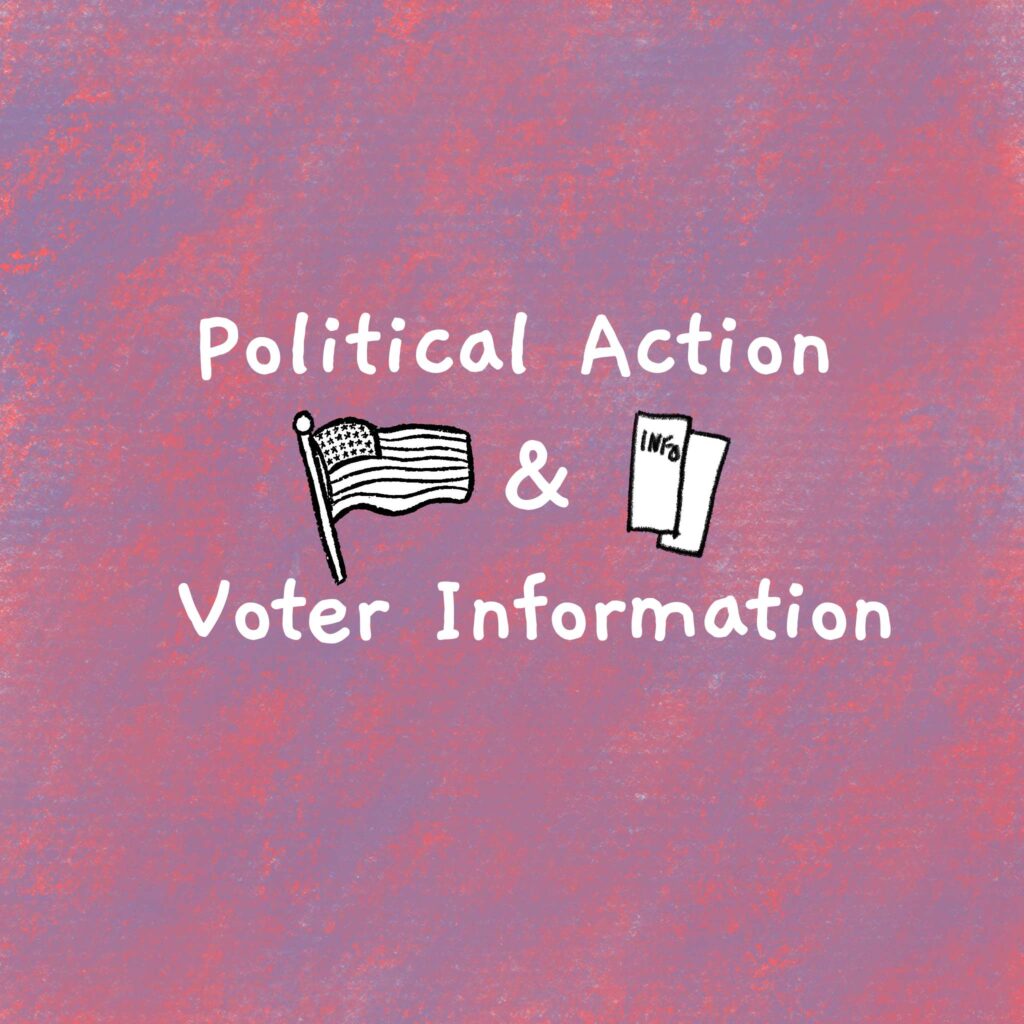
The climate crisis is one of the most pressing challenges facing humanity today. With rising global temperatures, extreme weather events, and the loss of biodiversity, the need for immediate and sustained action has never been more urgent. Preventing further damage to our planet requires a comprehensive approach that involves governments, businesses, and individuals working together to reduce greenhouse gas emissions and promote sustainable practices. While the task may seem daunting, there are clear and actionable steps that can be taken to mitigate the effects of climate change and safeguard the future of our planet.
One of the most effective ways to combat climate change is through the transition to renewable energy sources. Fossil fuels, which have powered industrial growth for over a century, are the largest contributors to global carbon emissions. Shifting to renewable energy sources like solar, wind, and hydropower can drastically reduce these emissions. Governments can accelerate this transition by investing in renewable energy infrastructure, offering incentives for clean energy projects, and phasing out subsidies for fossil fuels. Businesses can play their part by adopting sustainable energy practices, improving energy efficiency, and reducing their carbon footprints. On an individual level, people can support renewable energy by choosing green energy providers and reducing their own energy consumption.
In addition to transitioning to renewable energy, reducing waste and promoting a circular economy are crucial steps in addressing the climate crisis. The current model of “take, make, dispose” leads to massive waste generation and the depletion of natural resources. By embracing a circular economy, where products are designed to be reused, repaired, and recycled, we can significantly reduce waste and lower carbon emissions. Governments can implement policies that encourage recycling, waste reduction, and the responsible use of resources. Businesses can innovate in product design and supply chains to minimize waste and extend the life of products. Individuals can contribute by adopting sustainable consumption habits, such as reducing plastic use, recycling, and supporting companies that prioritize sustainability.
Another critical area for action is protecting and restoring natural ecosystems. Forests, wetlands, and oceans play a vital role in absorbing carbon dioxide and regulating the Earth’s climate. However, these ecosystems are under threat from deforestation, pollution, and overexploitation. Protecting these natural carbon sinks is essential to mitigating climate change. Governments can enforce stronger environmental protections, expand conservation areas, and invest in reforestation and habitat restoration projects. Businesses can contribute by adopting sustainable sourcing practices and supporting conservation initiatives. Individuals can help by reducing their consumption of products that contribute to deforestation, supporting conservation organizations, and participating in local environmental efforts.
Finally, raising awareness and promoting education on climate change are fundamental to driving the collective action needed to prevent the climate crisis. Public understanding of the causes and consequences of climate change is essential for building the political and social will to take action. Governments, educational institutions, and media organizations have a responsibility to provide accurate information and create platforms for dialogue on climate issues. Businesses can engage their employees and customers in sustainability initiatives, while individuals can educate themselves, advocate for policy changes, and encourage others to take action. By fostering a culture of environmental stewardship and responsibility, we can create a global movement that is capable of meeting the challenges of the climate crisis and securing a sustainable future for generations to come.